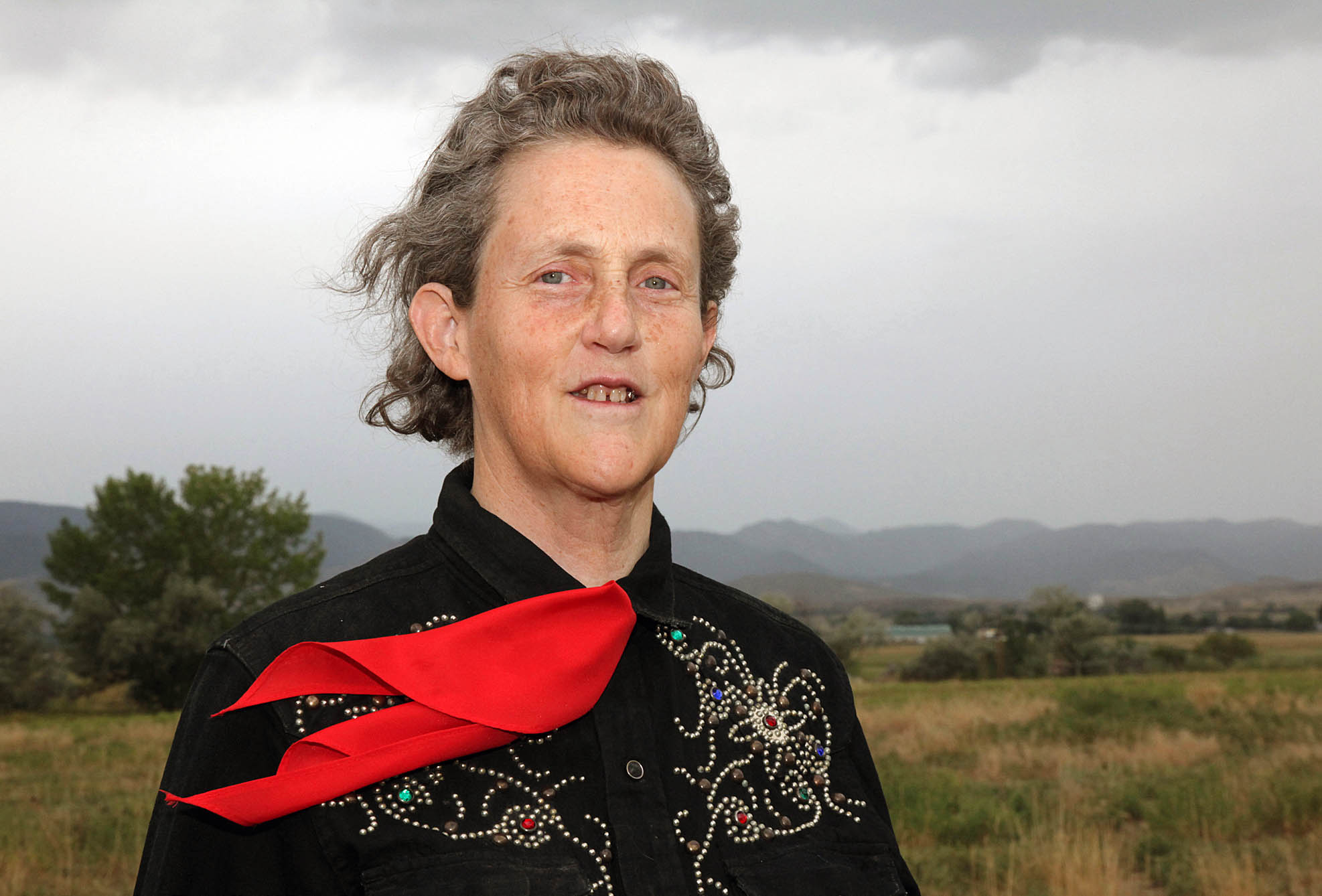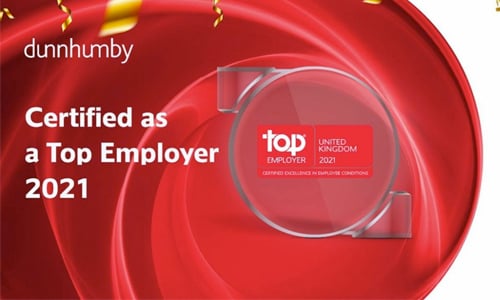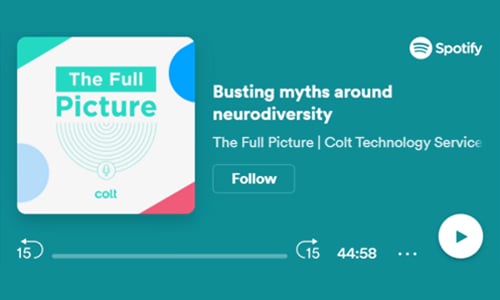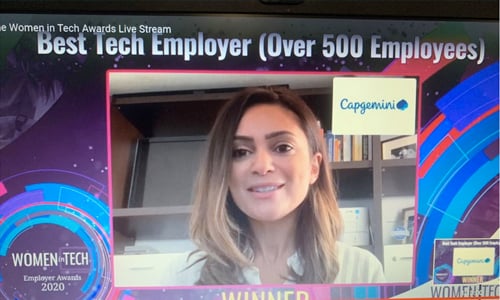
April Month Focus
This month we are highlighting the many different ways people communicate in the workplace, celebrating the diverse range of people we work with and shining a light on neurodiverse employees within our networks.
Over the past few years, neurodiversity has emerged as an important element to consider in inclusion strategies, but what do we mean when we talk about neurodiversity?
We live in an information-driven society, where communication determines how fast we learn.
Cooperation and collaboration underpin how we work together, and done brilliantly, can determine our competitive advantage.
At the human level, our social resources play a massive part in our happiness and well-being in the workplace.
It’s no secret that some of the most successful companies today are the ones that have fostered a diverse workforce.
While gender and ethnicity are critical components of diversity in the workforce, so too are learning and work styles. And as an organisation attracts different types of learning styles and personality types, leadership teams need to understand how to adapt their management style to provide the best environment possible for each employee to succeed. That starts with developing a broader understanding of effective communication with workers who all process information and learn in different ways.
From visual to auditory, here’s a closer look at the different learning styles, along with some advice for managers and learning development professionals to communicate effectively with and encourage success for each type of learner.
Style 1: “The Student” (Visual & Verbal Learners)
This learner is great at doing research for projects and coming up with solutions, so don’t hesitate to assign them the in-depth work that comes up for your team. These learners also tend to do well at public speaking and writing, so you can also rely on them to present their findings. And finally, if you’re ever looking to recall a detail from a meeting, look to these learners: they are the most likely to have taken detailed notes that they will happily share with you.
Style 2: “The Independent” (Visual & Non-Verbal Learners)
This type of learner tends to make excellent artists or graphic designers, and feels right at home in online or remote work situations. You should make yourself available to answer questions in those uncommon instances where that is needed, but try to avoid micromanaging them. Giving them space and independence to solve things own is the best way to manage them in most cases.
Style 3: “The Conversationalist” (Auditory & Verbal Learners)
Auditory learners also tend to feel more comfortable when there is background noise in their work environment — rather than a silent, static atmosphere. One easy tip to help them succeed is encouraging them to listen to music at work in order to help them concentrate. It’s also critical for this type of learner that you check-in with them in-person frequently to make sure they’re clear on expectations. After all, this type of learner performs best after talking things through, rather than reading long-winded instructions over email.
Style 4: “The Hands-on Learner” (Tactile & Kinesthetic)
This worker may also come across as having nervous energy, and appear fidgety while listening or during a conversation. However, that can simply be related to how they tend to process information differently from other learners — only about five percent of the population learns this way.
When it comes to being a great mentor, there’s no one-size-fits-all approach that you can use on all the different types of learners. However, with a greater understanding and appreciation for differing perspectives, work habits, personality traits, and of course, learning styles — you can become a better leader and foster a more creative, productive, and inclusive working environment
This month we will be sharing employee stories from our client’s companies to showcase how each business is working to be neurodiverse inclusive.











